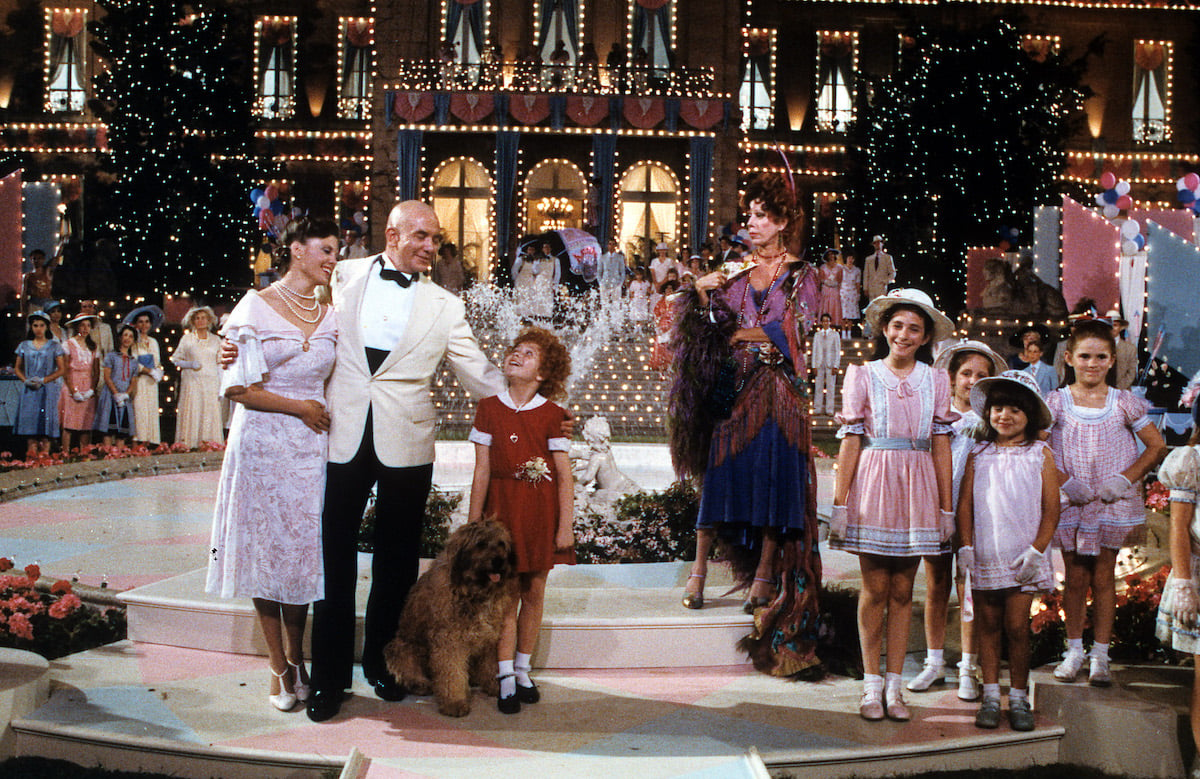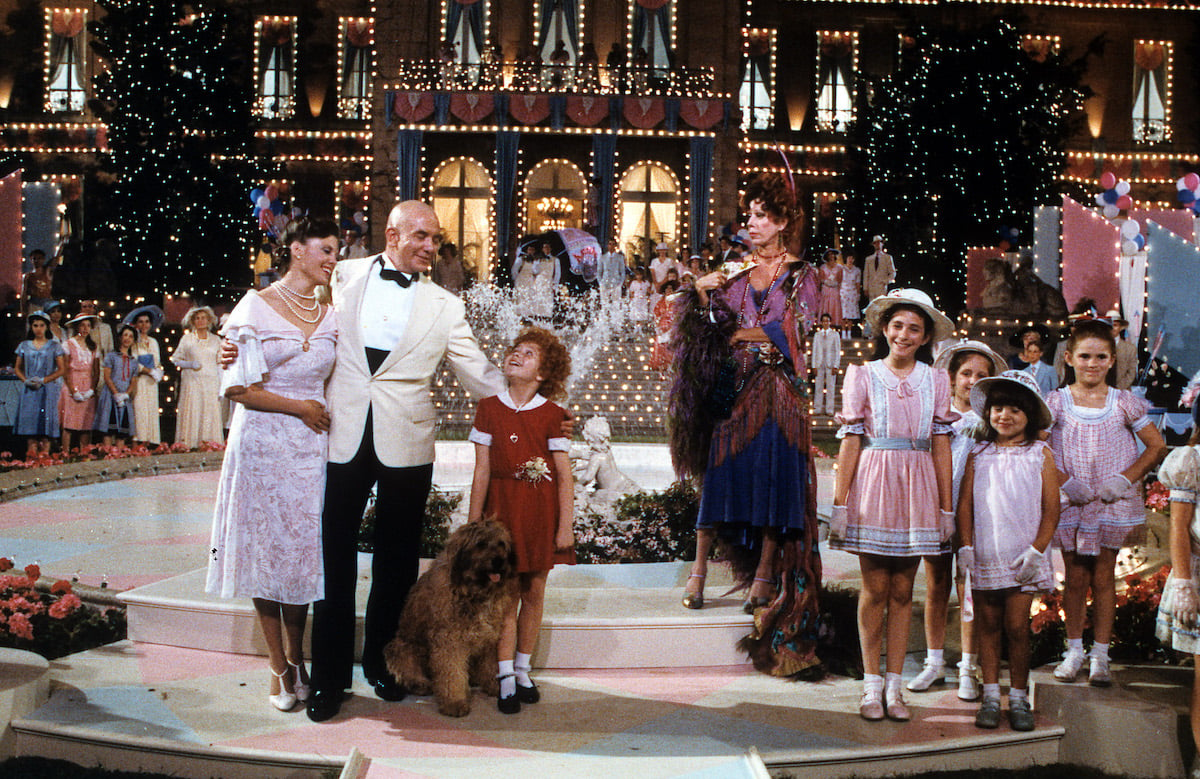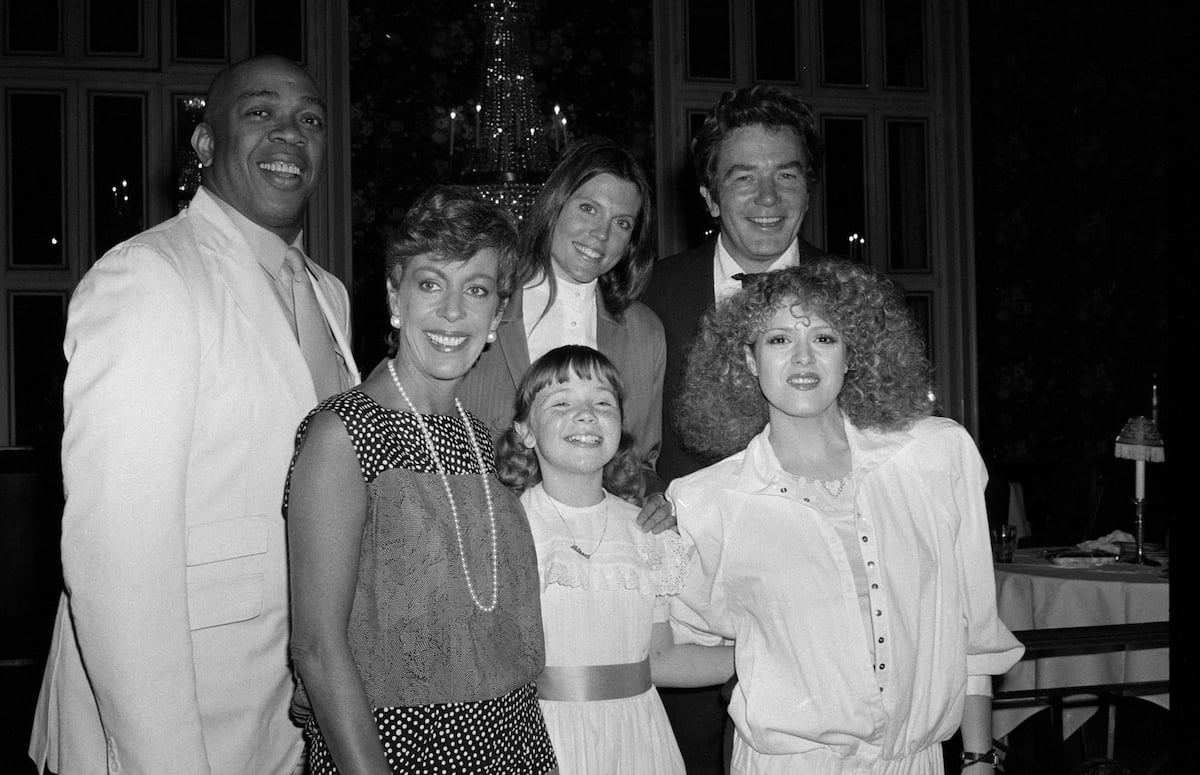
The Creator of the ‘Annie’ Musical Absolutely Hated the Movie
Annie remains one of Hollywood’s most beloved child characters. The story of a young orphan girl who gets to live her dreams with a new father has touched countless generations over the years. The musical numbers involved in the story, such as “Tomorrow” and “It’s the Hard-Knock Life,” have especially stood the test of time. But the iconic movie version of the story didn’t sit well with the creator of the original stage musical.

‘Annie’ was a comic strip and then a musical
The story of Annie first originated in 1924 with the comic strip Little Orphan Annie. The strip, created by cartoonist Harold Gray, followed the many adventures of Annie, her dog Sandy, and her caretaker Oliver “Daddy” Warbucks.
Little Orphan Annie touched readers everywhere, as many people resonated with the young girl with a larger-than-life outlook. After Gray’s death in 1968, several artists illustrated the comic strip and, for a time, “classic” strips were reruns. Little Orphan Annie inspired a radio show in 1930, film adaptations in 1932 and 1938, and, eventually, the Broadway musical Annie in 1977.
The Annie Broadway show served as the source material for the 1982 movie of the same name starring Carol Burnett, Bernadette Peters, and Albert Finney, with Ann Reinking playing the titular character.

The creator of the ‘Annie’ musical hated the movie
The creation of an Annie movie was well in the works before the Broadway musical closed. The film earned nearly $60 million at the box office, but didn’t earn the approval of Martin Charnin, the creator, director, and lyricist of the Broadway hit.
“The movie distorted what this musical was,” Charnin told the Hartford Courant in 1996. “And we were culpable for the reason that we did not exercise any kind of creative control because we sold the rights for a considerable amount of money.”
Charnin was disappointed in the choices of John Huston and Ray Stark. Huston directed the movie despite never directing a musical before, while Stark made major changes in the movie that Charnin believed destroyed the essence of Annie.
Charnin believed that Warbucks, played by Albert Finney, “was an Englishman who screamed.” Miss Hannigan, the orphanage manager played by Carol Burnett, was “a man-crazy-drunk” in his eyes. And he was disappointed that Annie herself was “cute-ed up” in the movie. He also believed that the relationship between Annie and Warbucks was distorted from the musical version, and was upset that the movie downplayed the showstopping song “Tomorrow” because “Stark thought it was corny.”
2 more ‘Annie’ movies have been made since then
In the four decades since the 1982 film’s release, two other film adaptations of Annie have been brought to life on screen.
In 1999, Disney created a made-for-TV movie version of Charnin’s stage musical starring Kathy Bates as Miss Hannigan, Victor Garber as Daddy Warbucks, Audra MacDonald as his secretary, and Alicia Morton as Annie. Alan Cumming is also featured as Miss Hannigan’s devious brother, while Kristen Chenoweth played his girlfriend.
Annie got the remake treatment again in 2014, this time with Oscar-nominated actor Quvenzhané Wallis in the lead role. Her caretaker, played by Jamie Foxx, was known as Will Stacks, a modification of the classic Daddy Warbucks character.


